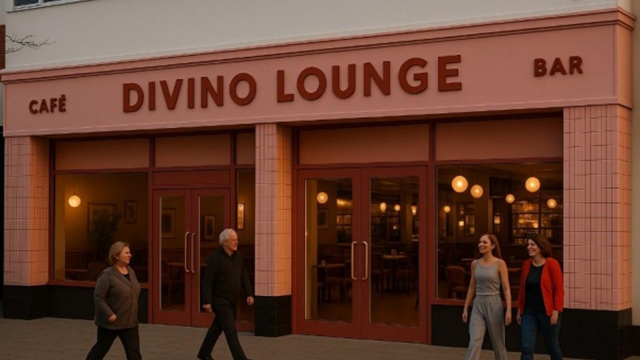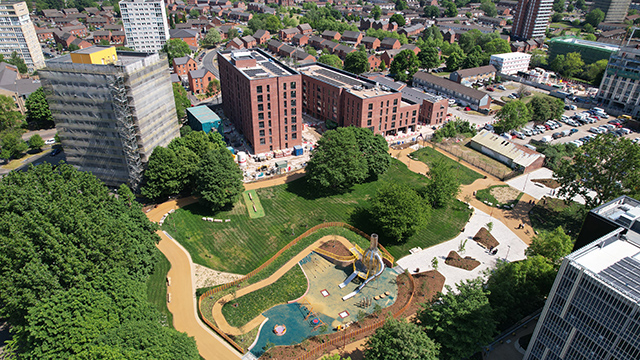Land registration – Alteration of register – Rectification for mistake – Para 2(1)(a) of Schedule 4 to Land Registration Act 2002 – Transfer executed by claimant void under doctrine of non est factum – Transferee and subsequent purchasers registered as proprietors – Whether claimant entitled to rectification of register to restore title to him free of charges – Whether any relevant mistake capable of rectification under para 2(1)(a) – Claim allowed
The claimant was an elderly man who suffered from a learning disability. In 1992, a property in which he had lived since childhood became vested in him following the death of his father. At that time, his sister was in financial difficulties. A loan of £12,500, in the claimant’s name, was arranged with a party that his sister had introduced to him. Unknown to the claimant, the documentation that he signed included a mortgage over the property. In 1995, the claimant agreed to a further loan of £54,000 from the same source; this time, the documentation that he signed comprised a transfer of the property to the first defendant, who had agreed to lend his name to the transaction in return for a payment. Although the transfer specified a consideration of £54,000, the claimant did not receive that sum. The first defendant was registered as proprietor of the property on an application for first registration made in his name.
The property was later transferred to the claimant’s niece and her husband, then to the second defendant and, in 2007, to the third and fourth defendants, who purchased it for £250,000 with a mortgage loan of more than £200,000 from the fifth defendant, secured on the property. The interests of the third to fifth defendants were registered in 2009.
In proceedings brought against the defendants, the claimant asserted that he had an equitable right to be registered as proprietor of the property instead of the third and fourth defendants and free of all charges. He contended that he was entitled to rectification of the register, pursuant to para 2(1)(a) of Schedule 4 to the Land Registration Act 2002, to correct the mistake by which the third and fourth defendants had come to be registered as proprietors and the fifth defendant’s charge had been registered.
Only the third and fourth defendants participated in those proceedings. They accepted that the 1995 transfer was void and not binding on the claimant under the doctrine of non est factum and that the equity that he asserted would, if established, be binding on them as an overriding interest. However, they contended that there was no relevant “mistake” since they had been entitled to registration as the transferees of the previously registered proprietors.
Held: The claim was allowed.
Since the 1995 transfer was void under the doctrine of non est factum, it was not effective to transfer any part of the claimant’s interest in the property to the first defendant. Since a void transfer or conveyance should produce no legal effect whatsoever, the claimant would have been entitled to rectification as against the first defendant while he was still registered as proprietor. The subsequent registration of the third and fourth defendants was a “mistake” could be rectified under para 2(1)(a) of Schedule 4 to the 2002 Act: Odogwu v Vastguide Ltd [2008] EWHC 3565 (Ch), Pinto v Lim [2005] EWHC 630 (Ch) considered. Nothing in the 2002 Act suggested that the concept of “mistake” was limited to a particular kind of mistake, so long as it was a mistake in the registration of the title or a charge in the name of the particular proprietor. By reason of the claimant’s occupation of the property at the time of each disposition, his interest had been an overriding interest at every stage so that its priority was protected under section 29(2)(a)(ii). Accordingly, the registration of the third and fourth defendants was a mistake because the transfer to the first defendant had been void and the claimant’s interest had been an overriding interest at every stage and against every disponee.
That being so, the case for the court to exercise its discretion to rectify the register was overwhelming given: (i) the claimant’s age and poor physical and mental health; (ii) the fact that he had lived at the property since he was a child; (ii) the circumstances in which he had been deprived of that property; (iv) the fact that the third and fourth defendants owned another property, had never been in possession of the property and would receive compensation based on the price they had paid for it in 2007, by the operation of Schedule 8 to the 2002 Act; and (v) the fact that the fifth defendant would also be compensated.
Kevin Musaheb (instructed by Dobsons Solicitors, of Altrincham) appeared for the claimant; the first, second and fifth defendants did not appear and were not represented; Andrew Clark (instructed by HL Interactive, of Manchester) appeared for the third and fourth defendants.
Sally Dobson, barrister









